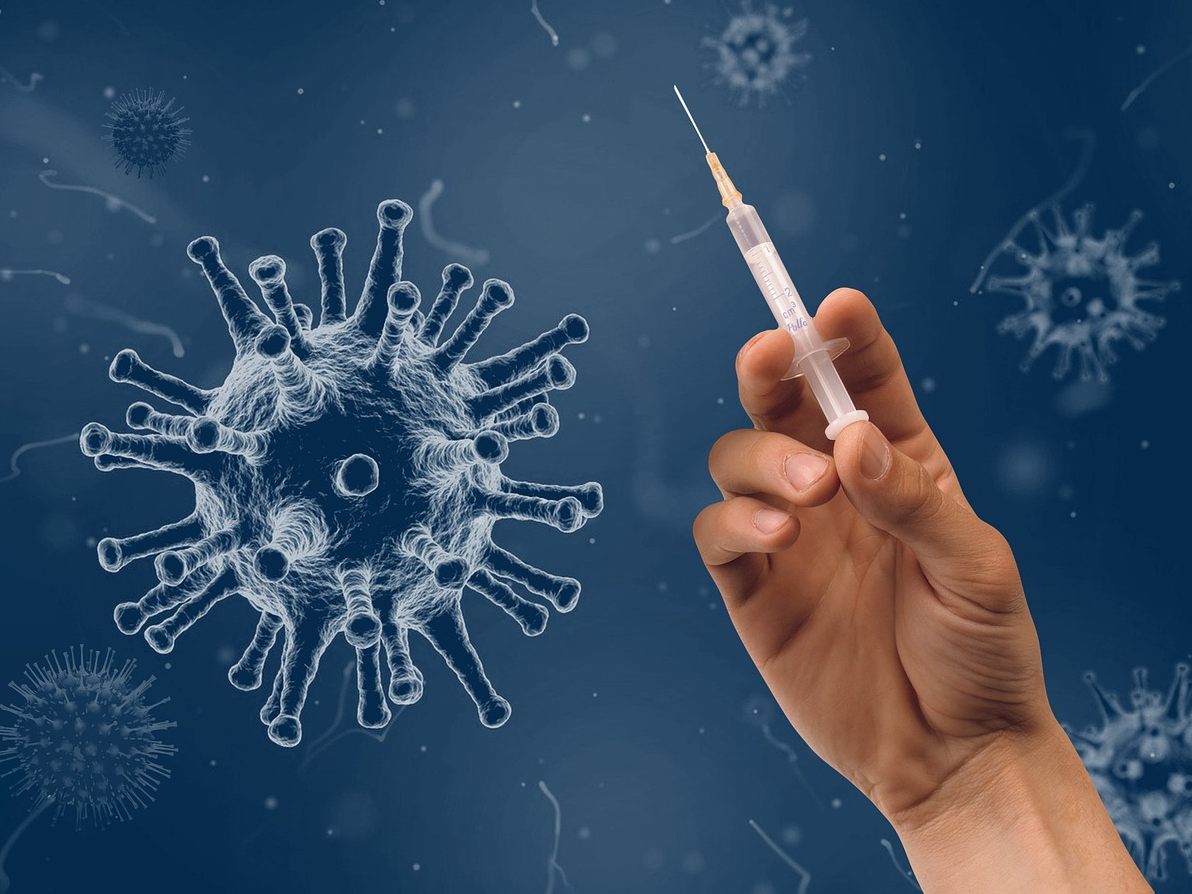Increasing Vaccine Skepticism and Decreasing Development Aid Become a Danger for Children

"We are extremely concerned about misinformation and disinformation regarding vaccinations," said Kate O'Brien, Director of the WHO's Department of Immunization. The shrinking aid funds are also "extremely problematic," O'Brien said during the presentation of the annual report on global vaccination rates by WHO and the United Nations Children's Fund (UNICEF).
WHO Warns of Devastating Consequences Due to Cuts in Development Aid
The biggest obstacle to comprehensive vaccination coverage for children is conflicts and the challenge of reaching children in very remote areas. According to the report, last year 14.3 million children did not receive a single vaccination in their first year of life. The year before, it was 14.4 million. Already last year, funds were lacking to support vaccination campaigns in poor countries. The partially significant cuts in development aid this year - by the USA and many other countries - are expected to have devastating consequences, WHO and UNICEF fear.
Vaccine Skepticism Puts Children at Risk
Experts do not want to directly address the stance of the US Health Secretary Robert Kennedy, who is regarded as a vaccine skeptic. However, they point to the important role of politicians as well as religious or other leaders in strengthening, not weakening, trust in vaccines that have been monitored and tested for decades. "In a good 50 years, 150 million lives have been saved by vaccines," says Ephrem Lemango of UNICEF. He called on all ministers to make it clear that "killer diseases" like measles can be prevented through vaccinations.
The WHO Regional Office for Europe and UNICEF warn that negligence in vaccination endangers children's health and promotes further spread of diseases such as measles and whooping cough. Vaccination rates against such diseases have slightly declined in the region with 53 countries up to Central Asia in 2024 and have remained below pre-COVID-19 levels. There are significant differences between individual countries.
Severe Measles Outbreaks in 60 Countries
Worldwide, the coverage with a second measles vaccine dose increased very slightly to 76 percent. However, 30 million children worldwide are not sufficiently protected against the dangerous disease. The vaccination rate must be at least 95 percent in every region and country to prevent outbreaks, according to the WHO. In 2024, 60 countries experienced severe outbreaks. This is more than twice as many as in 2022. In some countries, outbreaks are attributed to widespread vaccine skepticism, said O'Brien. How many deaths this causes is difficult to estimate. In 2023, there were an estimated more than 107,000 deaths from measles worldwide.
"Vaccinations save lives, and when coverage decreases, diseases spread," explained Hans Kluge, WHO Regional Director for Europe. In the past year alone, almost 300,000 people in the European region contracted whooping cough and more than 125,000 contracted measles, which corresponds to a tripling and doubling of the previous year's figures, respectively. He called on countries to strengthen their local health systems, ensure the availability of vaccines everywhere, and combat misinformation.
Success Story of HPV Vaccination
Worldwide, vaccination rates have slightly increased according to the 2024 report, said the WHO. Around 85 percent of infants received three doses of the vaccine against diphtheria, tetanus, and whooping cough (DTP - P for pertussis, i.e., whooping cough). This amounted to a total of 109 million infants. The year before, it was marginally less. The DTP vaccination is considered an important indicator for global immunization coverage.
The HPV vaccination, which prevents cervical cancer, is a global success story, said O'Brien. The proportion of young girls receiving the vaccination has increased worldwide by four percentage points to 31 percent. The success is mainly due to Nigeria and Bangladesh incorporating HPV protection into their routine vaccinations. In 2019, only 17 percent of teenagers had received the vaccination. The goal by 2030 is to reach 90 percent.
(APA/Red)
This article has been automatically translated, read the original article here.





